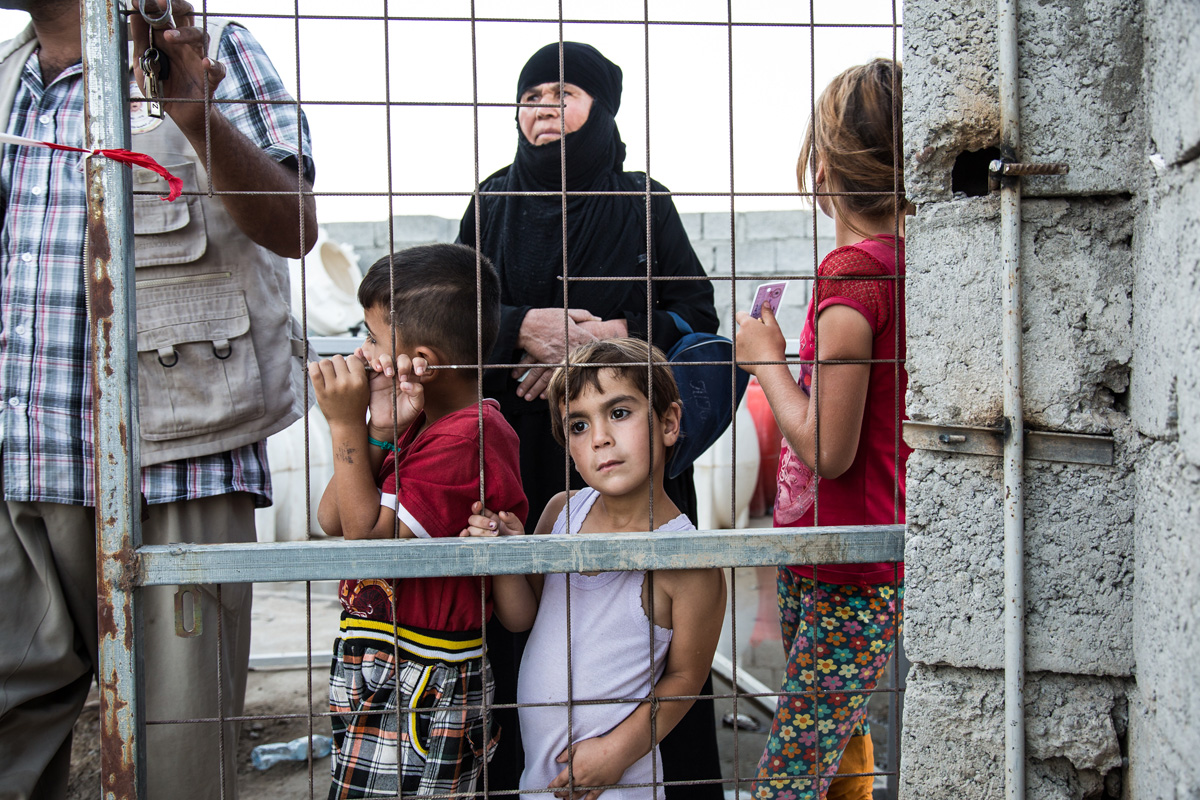-
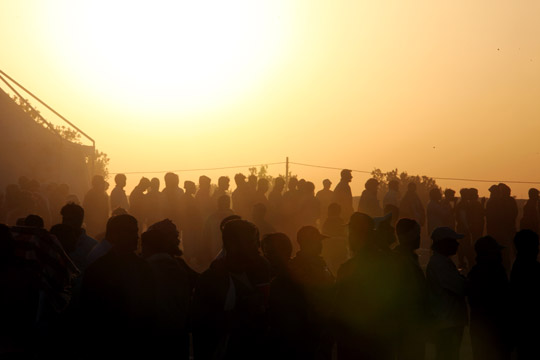
Libya Intervention Shows Shift in Thinking about Mass Atrocities
April 1, 2011
On Friday, April 1, Mike Abramowitz published an op-ed in The Washington Post about the intervention in Libya and what it means for efforts to prevent genocide and mass atrocities around the world:
-
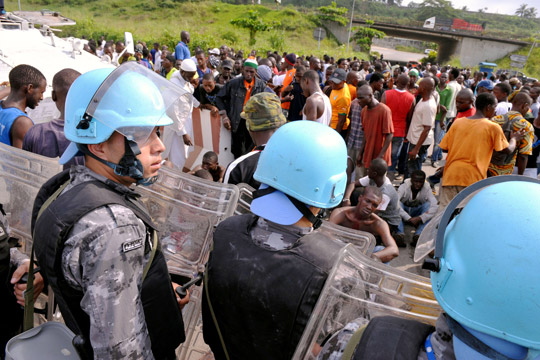
Below the Radar, Côte d’Ivoire Deteriorates
March 21, 2011
Amidst the turmoil in North Africa and the Middle East, an attempted transfer of power in Côte d’Ivoire the peaceful, democratic way – through elections – is increasingly collapsing into civil war, with devastating consequences for civilians.
-
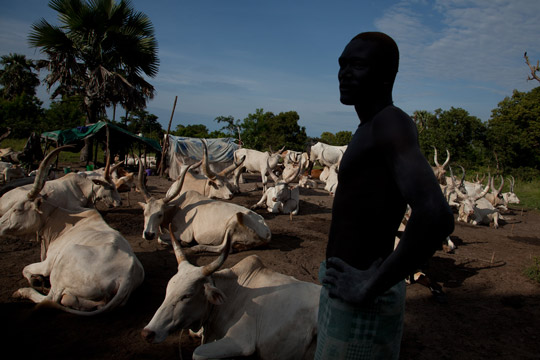
Conflict Troubles South Sudan as it Suspends Negotiations with the North
March 16, 2011
South Sudan has suspended negotiations with the North and accused Omar al-Bashir’s government in Khartoum of arming rebel groups in an effort to weaken it before the country splits in July. This move follows recent incidents of violence in Abyei, Malakal and Jonglei state that have shaken the stability of the South.
-
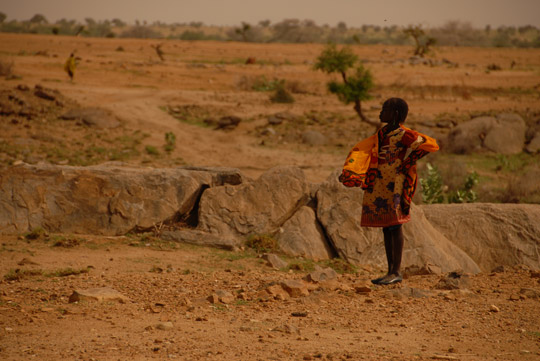
A Day for Women Everywhere
March 8, 2011
Today, March 8, is International Women's Day. This year marks the 100th anniversary of the day's commemoration. It is a time not only for celebration and appreciation, but also reflection of the risks and hardships women face still today.
-
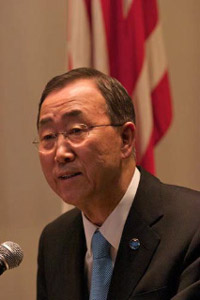
At Museum, UN Secretary-General Says “Never Again” is a Clarion Call to Moral Action
February 28, 2011
UN Secretary-General Ban Ki-moon visited the United States Holocaust Memorial Museum today, touring the Museum’s Permanent Exhibition, The Holocaust, and the Museum’s display on contemporary genocide, From Memory to Action.
-
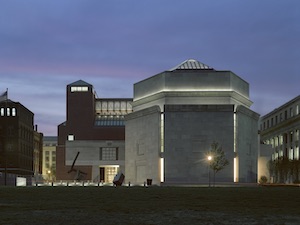
Vice President Biden Discusses US Approach to Genocide Prevention
February 26, 2011
On February 24, 2011, the Museum held a special event in honor of the life and legacy of the late U.S. Representative Tom Lantos, the only Holocaust survivor to serve in Congress. In his remarks, featured speaker Vice President Joseph Biden spoke about the United States' current approach to genocide prevention. He credited the Genocide Prevention Task Force--convened by the Museum with the U.S. Institute of Peace and The American Academy of Diplomacy--for making genocide prevention "an integral part of our national security apparatus."
-

At Museum, Vice President Biden Emphasizes Genocide is Preventable
February 25, 2011
Vice President Joe Biden was the featured speaker at a special event yesterday at the U.S. Holocaust Memorial Museum in honor of the life and legacy of the late U.S. Representative Tom Lantos.
-

The Promise of a World without Genocide
February 18, 2011
Twenty five years ago, on February 19, 1986, the US Senate ratified the United Nations Convention on the Prevention and Punishment of the Crime of Genocide. But this ratification was not easily accomplished. Nor was it a foregone conclusion.
-
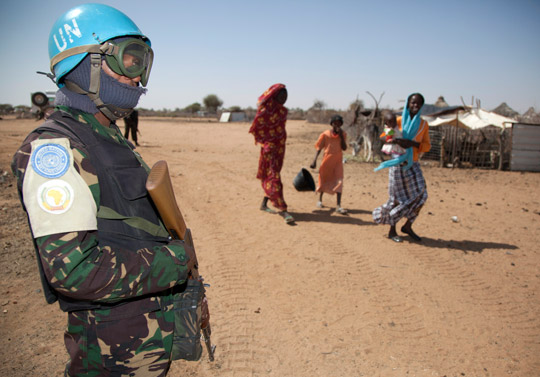
Continued Violence Against Sudanese Civilians
February 16, 2011
On February 7, 2011, Sudanese authorities released the final results of the near-unanimous vote for southern independence from the North, and President Bashir reiterated his commitment to respect the South’s decision. The process was largely peaceful and well-organized, an important achievement given Sudan’s recent history of war, but its conduct also raised questions about the political challenges that now await Southern Sudan. Jort Hemmer, of the Conflict Research Unit in the Netherlands, observes:
-

In Uganda, A Voice for Human Rights is Murdered
January 27, 2011
Yesterday afternoon, David Kato, a prominent Ugandan gay rights activist, was beaten to death in his home near the capital, Kampala. His death comes four months after his picture, name, and home address—along with similar information for several other people—were published on the front page of a local tabloid under the headline “Hang Them.”
